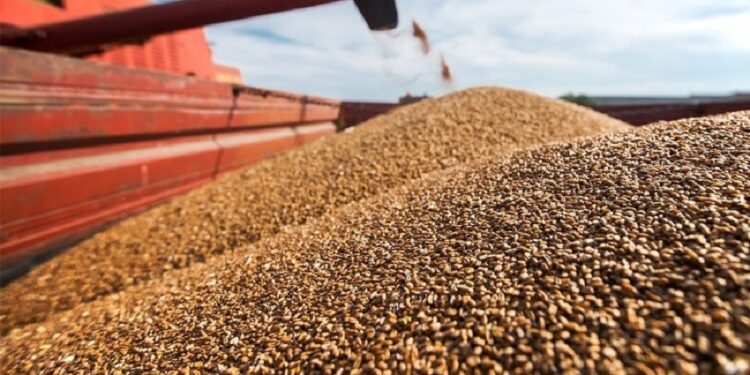Nigeria is actively working towards achieving self-sufficiency in wheat and rice production in a bid to reduce its reliance on imports to meet the demands of a growing population. Vice President Kashim Shettima outlined the government’s initiatives for food security during a discussion with AfDB President Dr. Akinwunmi Adesina at the World Food Prize 2023 event. Shettima emphasized the transformative leadership in Nigeria and across Africa, particularly in agriculture.
Shettima revealed plans to attain 50% self-sufficiency in wheat production within the next three cycles. Nigeria is presently the second-largest global importer of wheat, a situation the government aims to change by providing farmers with heat-tolerant wheat seeds, extension services, and fertilizer support. The plan also includes expanding irrigation areas to one million hectares in the next cropping cycle.
For rice production, the challenge lies in the insufficient supply of paddy rice. Shettima highlighted Nigeria’s ample milling capacity but stressed the need to produce 3 to 4 million tonnes of paddy rice annually to meet the country’s requirements. With 75 million hectares of arable land, much of which is suitable for rice cultivation, Nigeria aims for rice self-sufficiency by 2027.
Shettima assured investors and stakeholders in the agricultural sector of President Bola Ahmed Tinubu’s commitment to modern and transformative leadership. He expressed confidence that significant changes would occur in Nigeria and the African continent in the coming years, positioning Nigeria as a pivotal nation. Shettima also discussed the establishment of Special Agro-Industrial Processing Zones (SAPZs) and emphasized the government’s dedication to creating a conducive environment for investors in these zones through the formation of a SAPZ development authority. This authority will serve as a centralized platform addressing regulatory and associated issues for investors.










